National Tuberculosis Control Application Technology Training Course Successfully Held in Chengdu, Sichuan Province
Amid the bustling sound of cicadas and the blooming flowers in Chengdu, the ancient "City of Brocade," the Chinese Center for Disease Control and Prevention (China CDC) Tuberculosis Prevention and Control Center organized the National Tuberculosis Application Technology Training Course on July 23-24, 2024, in Chengdu, Sichuan Province. The training aimed to promote the precise selection, scientific evaluation, broad dissemination, and effective application of new technologies, tools, and strategies in the field of tuberculosis (TB) prevention and control. Over 80 participants, including heads of TB prevention and control institutions and key technical staff from 31 provinces (autonomous regions and municipalities), as well as the Xinjiang Production and Construction Corps and key TB prevention areas, attended the training.
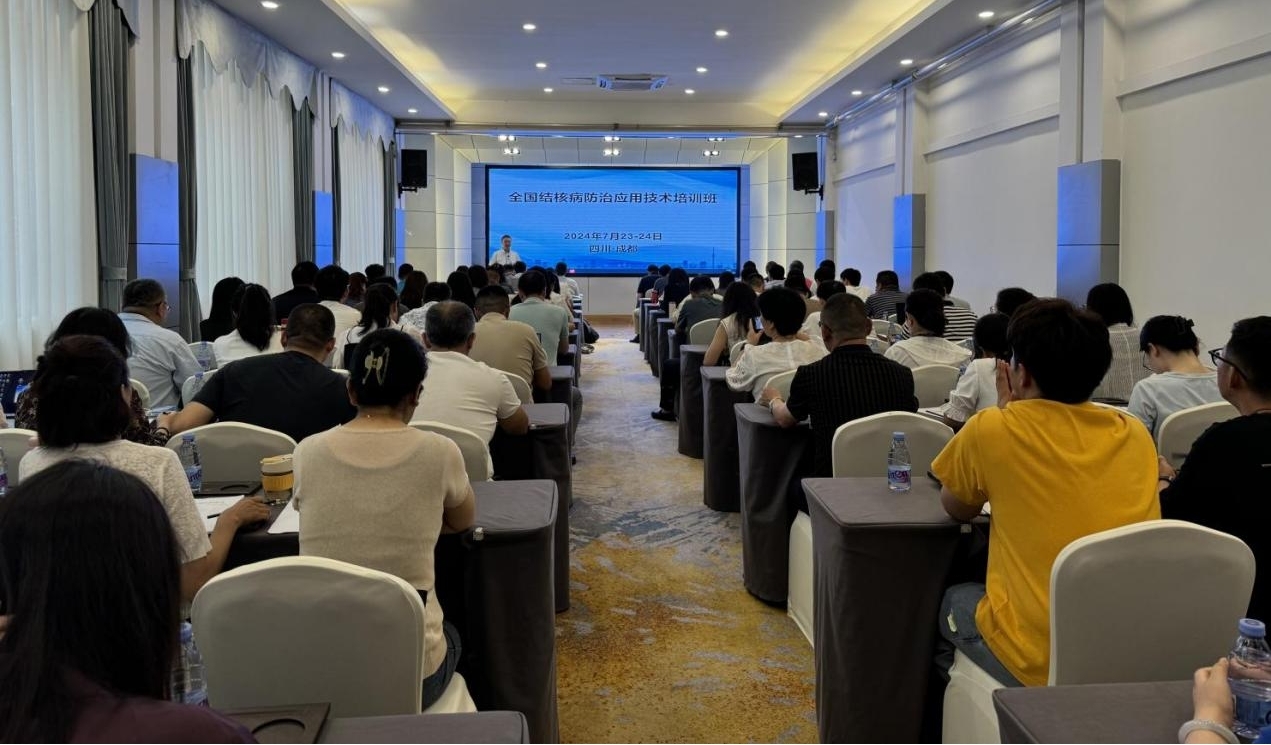
[Photo/chinacdc.cn]
Chen Chuang, Director of the TB Prevention and Control Institute at the Sichuan Provincial Center for Disease Control and Prevention (Sichuan CDC), attended the opening ceremony and delivered a speech. He highlighted the achievements and challenges in TB prevention and control in Sichuan Province, and outlined the key measures and priority tasks undertaken to eliminate TB epidemics. Chen also emphasized the critical role of new technologies in advancing efforts to end TB.
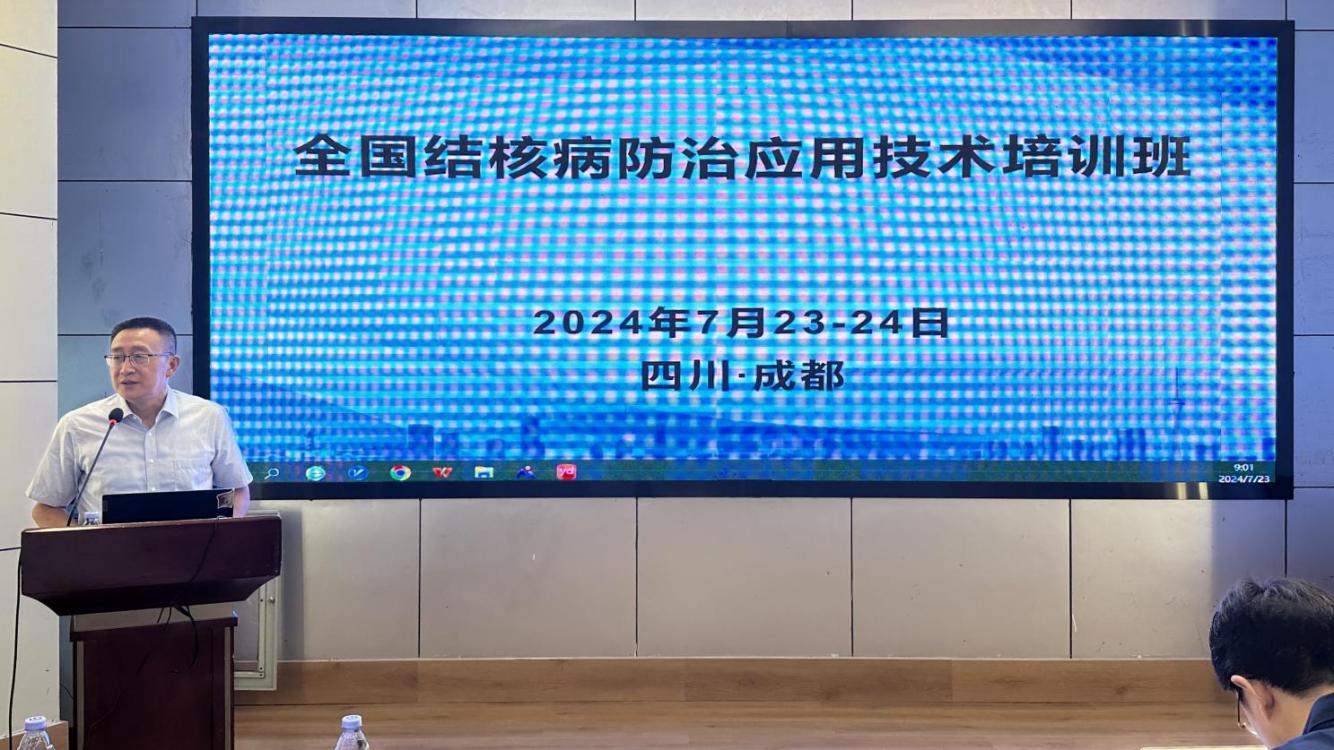
Chen Chuang, the Director of the TB Prevention and Control Institute at Sichuan CDC, delivers a Speech.[Photo/chinacdc.cn]
Following this, Huang Fei, Director of the Application Technology Department at the China CDC TB Prevention and Control Center, introduced the purpose and background of the training. He presented on practical strategies for applying technologies in TB control, providing details on the progress and implementing strategies for new technologies and approaches in TB prevention and control globally as well as in China.
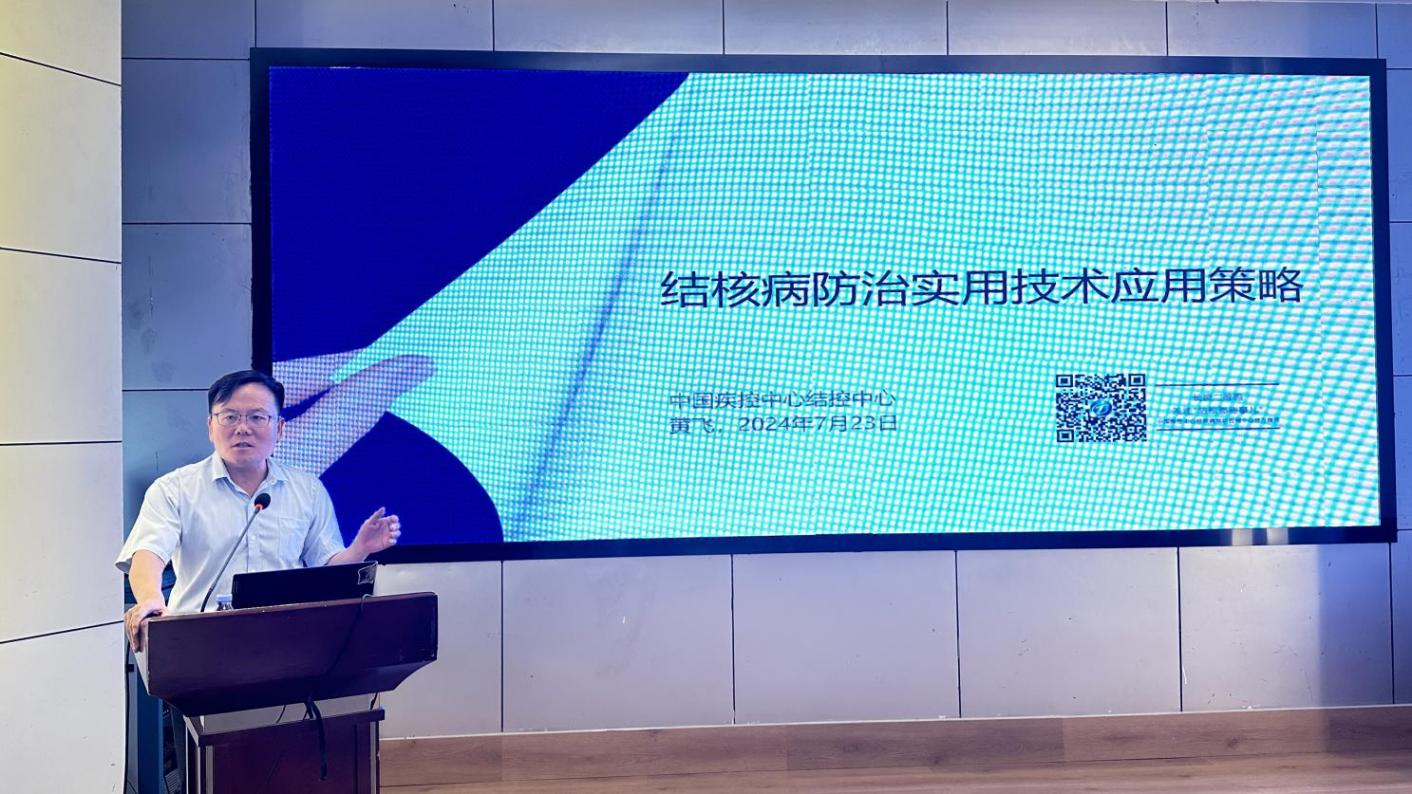
Huang Fei, Director of the Application Technology Department at the China CDC TB Prevention and Control Center, gives a lecture[Photo/chinacdc.cn]
The training course invited experts from various fields of TB prevention and control in China to deliver lectures. Topics covered included strategies for active TB screening, new laboratory diagnostic technologies, emerging medications, and innovative treatment regimens. Gao Lei, Deputy Director of the Institute of Pathogen Biology at the Chinese Academy of Medical Sciences, presented research findings on artificial intelligence (AI)-assisted imaging technology for active TB screening in the elderly. Ouxichao, an Associate Researcher at the China CDC TB Prevention and Control Center, introduced the evaluation and application of new diagnostic technologies in TB laboratories. Chu Naihui, Director at Beijing Chest Hospital affiliated with Capital Medical University, discussed advancements in all-oral short-course regimens for multidrug-resistant TB (MDR-TB).
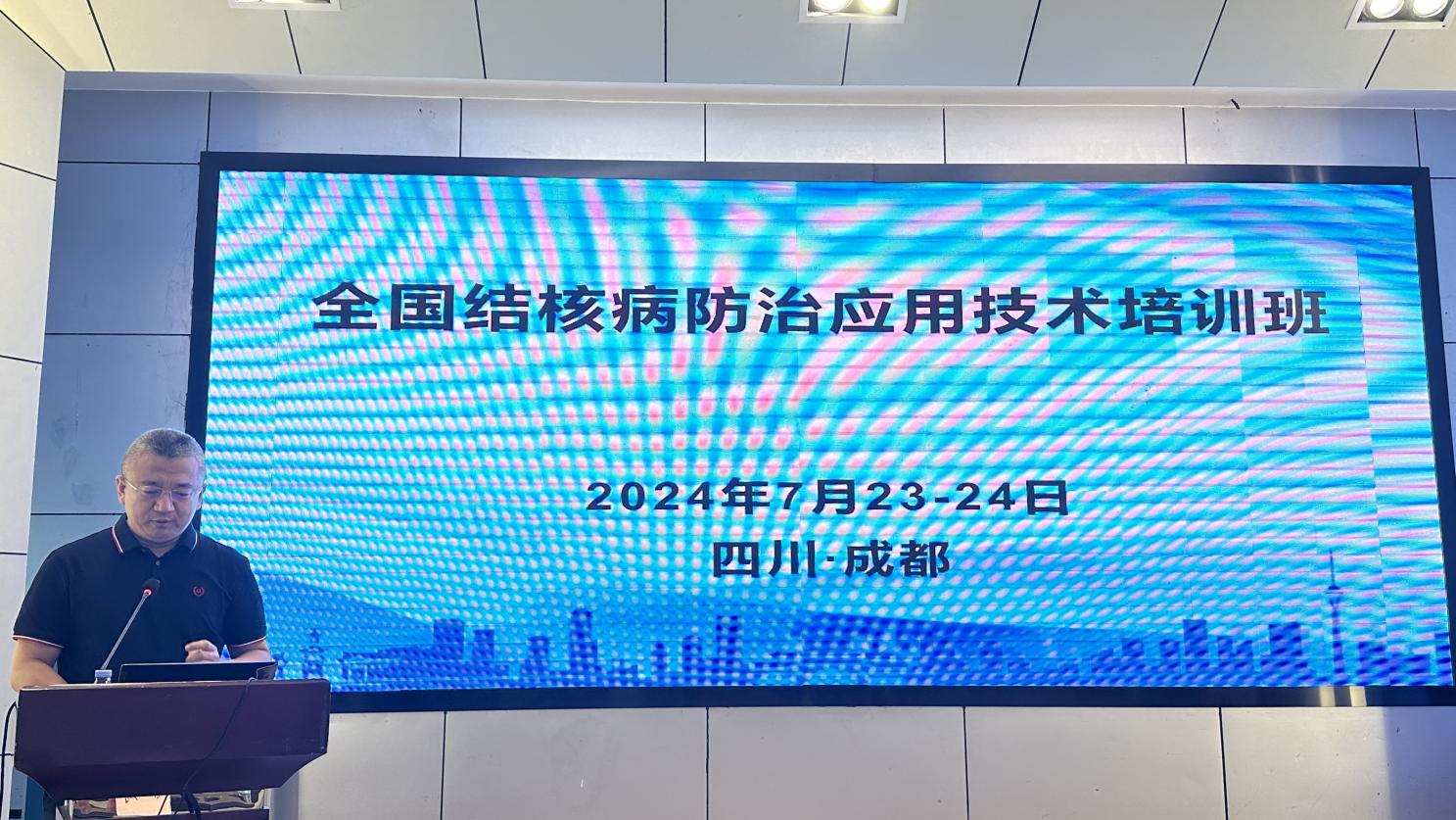
Gao Lei, Deputy Director of the Institute of Pathogen Biology at the Chinese Academy of Medical Sciences, gives a lecture[Photo/chinacdc.cn]
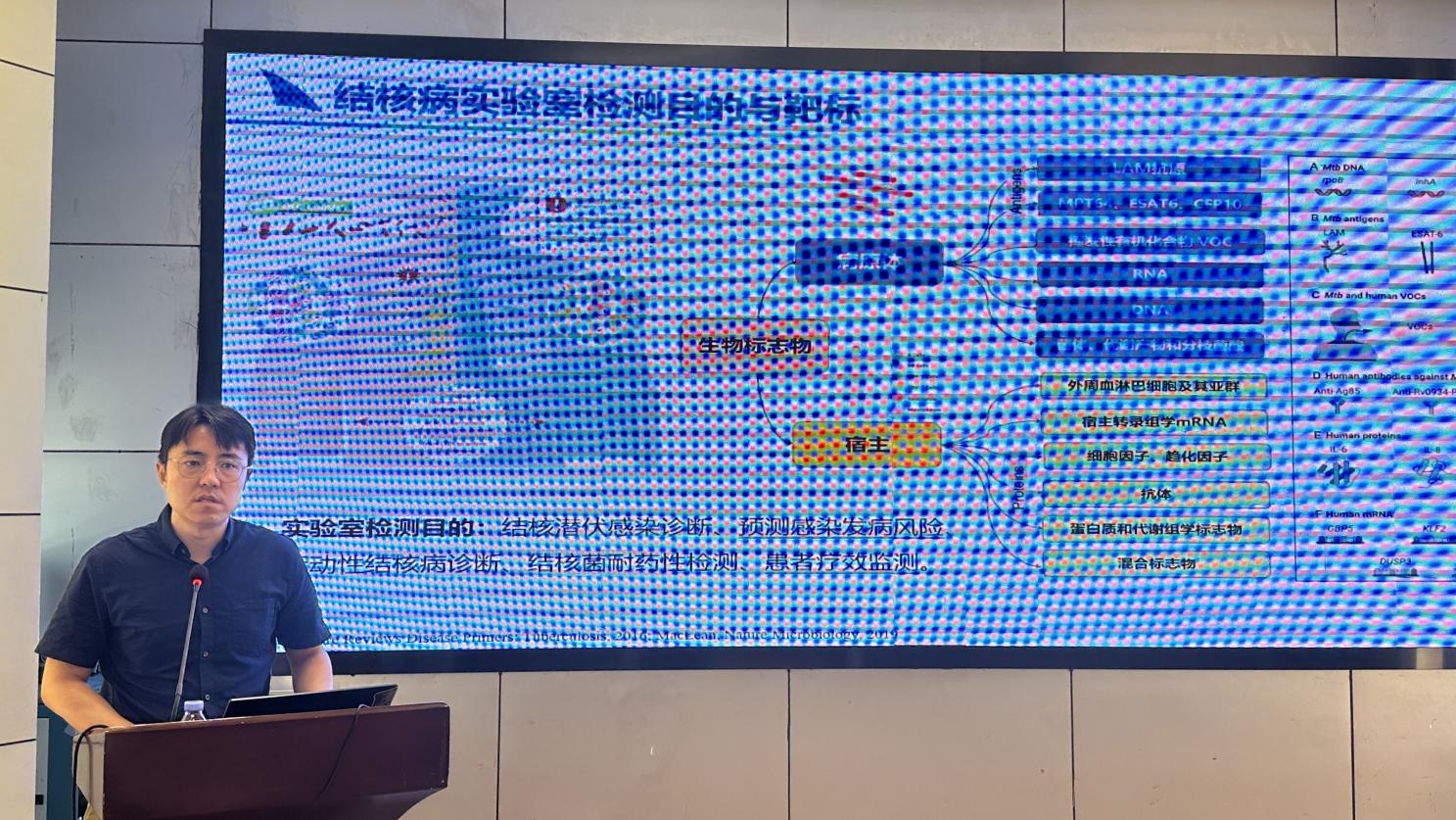
Ouxichao, Associate Researcher at the China CDC TB Prevention and Control Center, gives a lecture[Photo/chinacdc.cn]
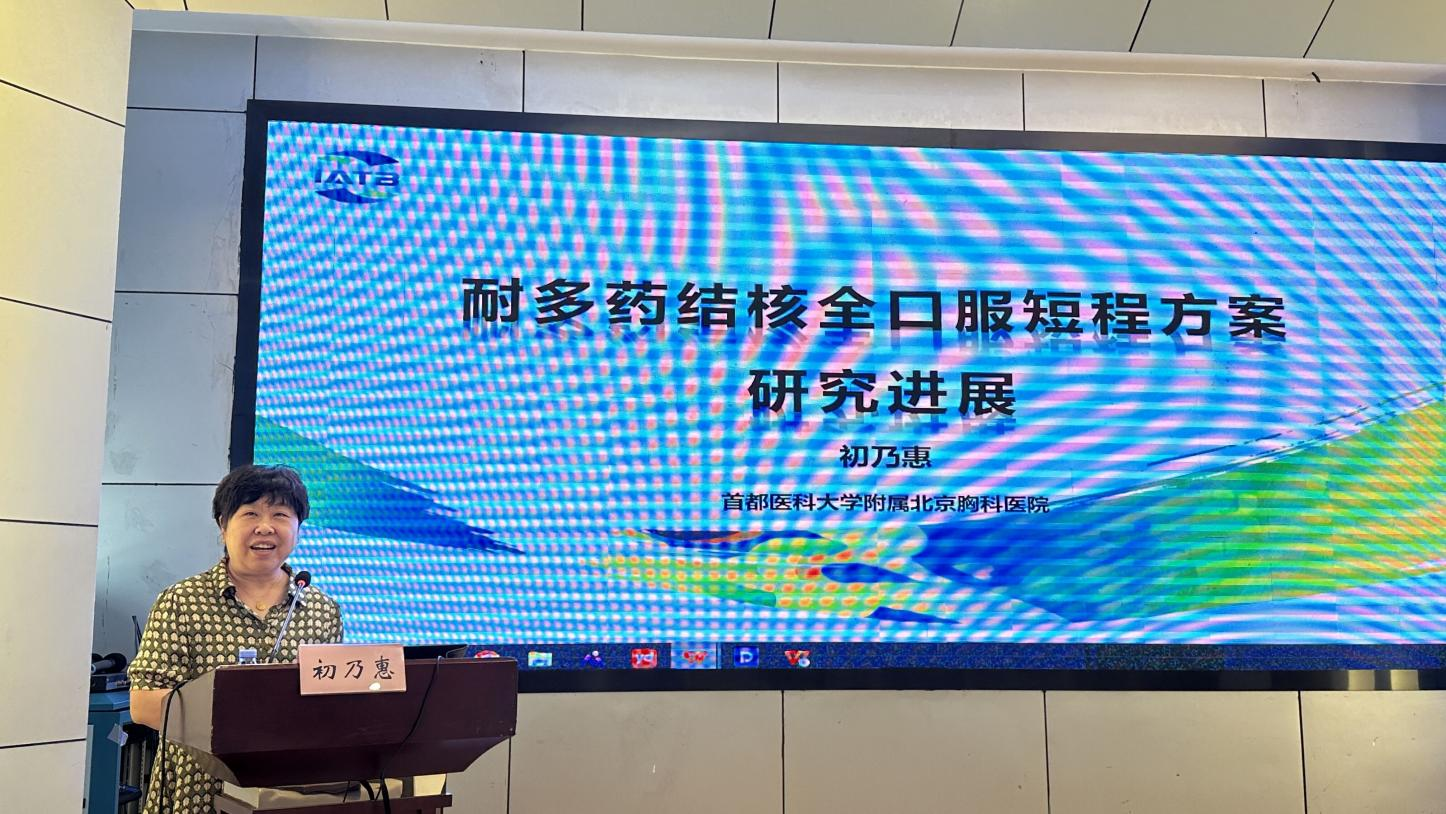
Chu Naihui, Director at Beijing Chest Hospital Affiliated with Capital Medical University, gives a lecture[Photo/chinacdc.cn]
To further enhance the capacity of various provinces in conducting applied research and advancing policy translation, the training program invited Dr. Chu Hongling from the Clinical Epidemiology Research Center at Peking University Third Hospital and Professor Wang Weibing, Head of the Epidemiology Department at the School of Public Health, Fudan University, to deliver lectures. Dr. Chu Hongling utilized specific research cases to introduce commonly used research methods and demonstrated how implementation research can drive policy formulation and the improve new policies. Professor Wang Weibing conducted an in-depth discussion on the translating of TB control strategies into policies, using the formulation of COVID-19 control strategies and integrating new vaccines into immunization programs as examples to illustrate the process from research to policy translation.
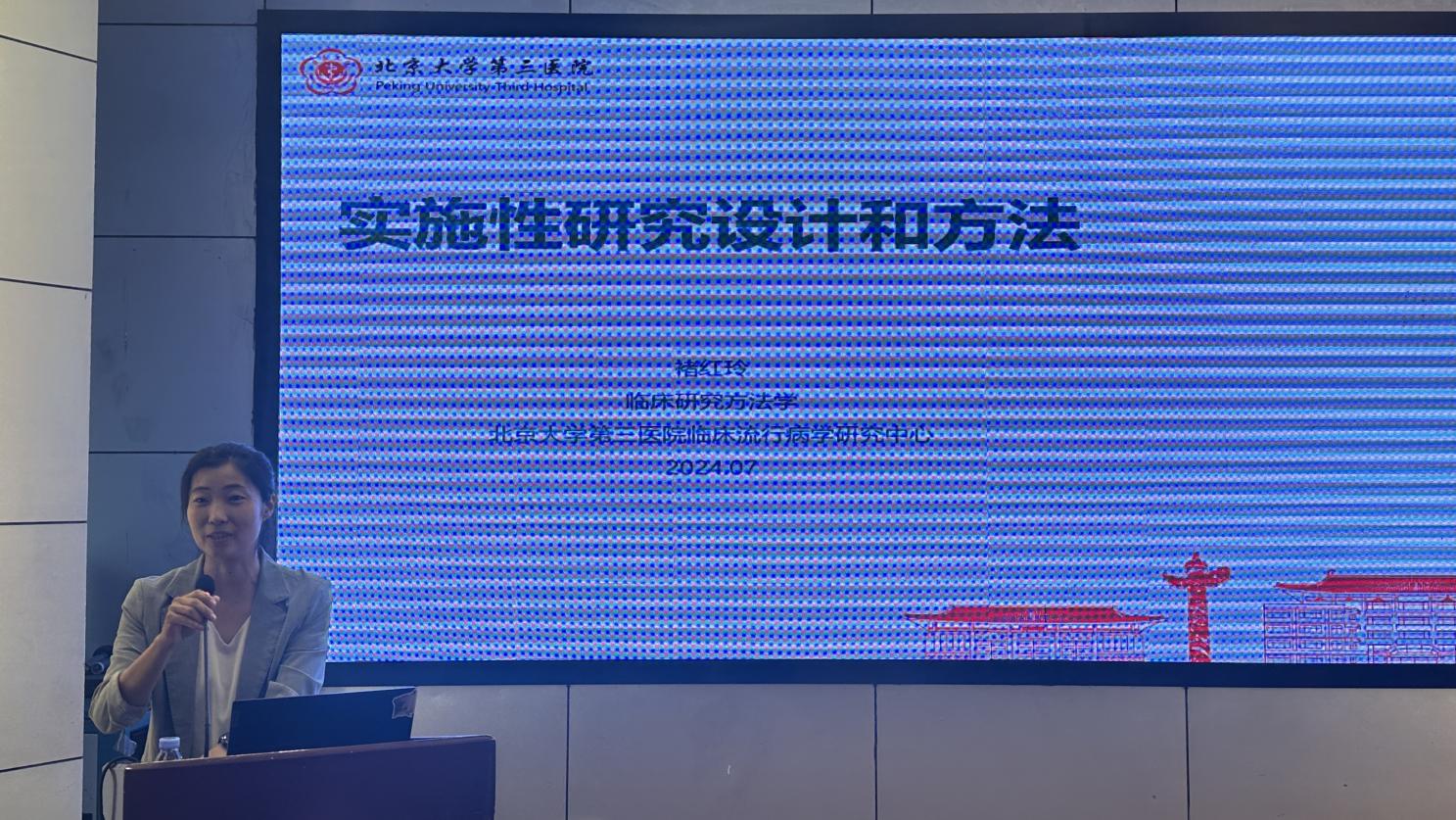
Dr. Chu Hongling from the Clinical Epidemiology Research Center at Peking University Third Hospital, gives a lecture[Photo/chinacdc.cn]
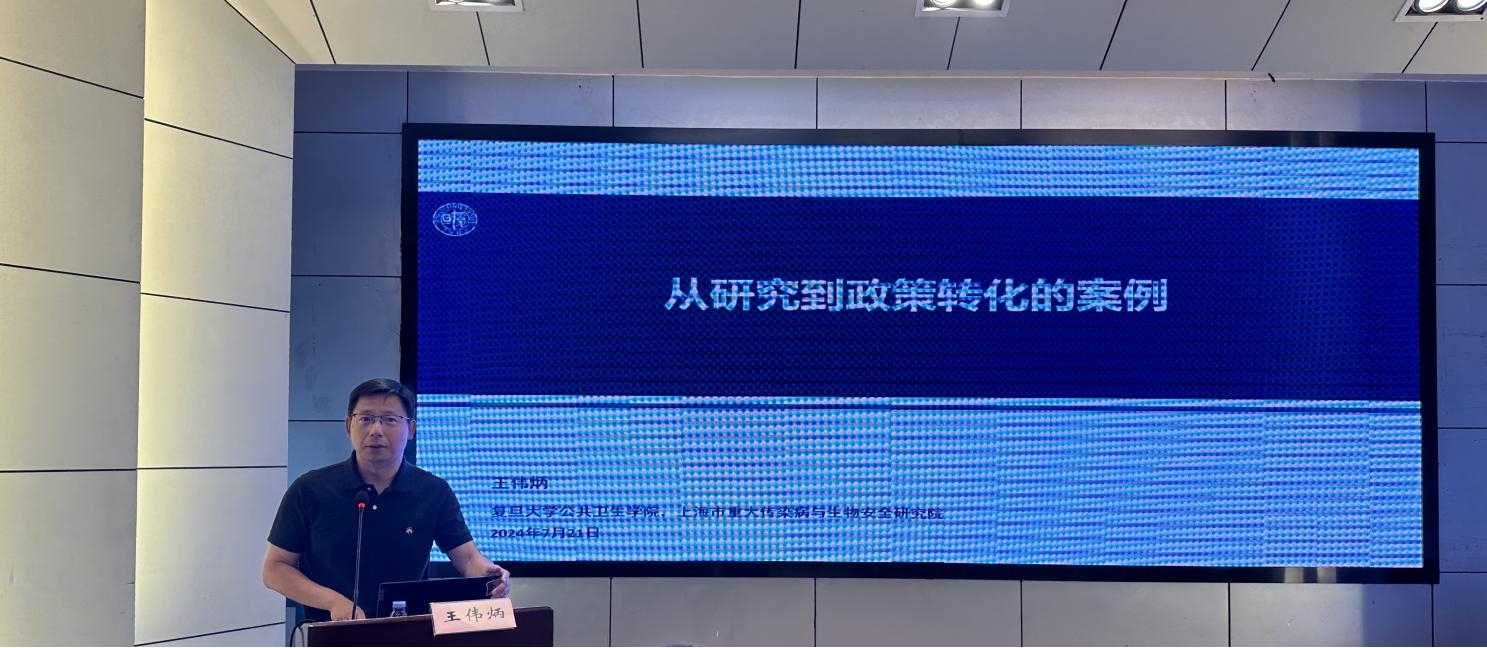
Professor Wang Weibing, Head of the Epidemiology Department at the School of Public Health, Fudan University, gives a lecture[Photo/chinacdc.cn]
The training program also provided a platform for provinces to share experiences. Representatives from Sichuan, Henan, Guangxi, and Xinjiang presented their work on TB prevention and control. These included Sichuan's exploration of a multi-disease prevention model in Liangshan Prefecture, Henan's implementation of screening for latent TB infection and preventive treatment for high-risk groups, Guangxi's implementation and outcomes of active TB screening in high-prevalence counties, and Xinjiang's implementation and outcomes of strategies for active TB screening.
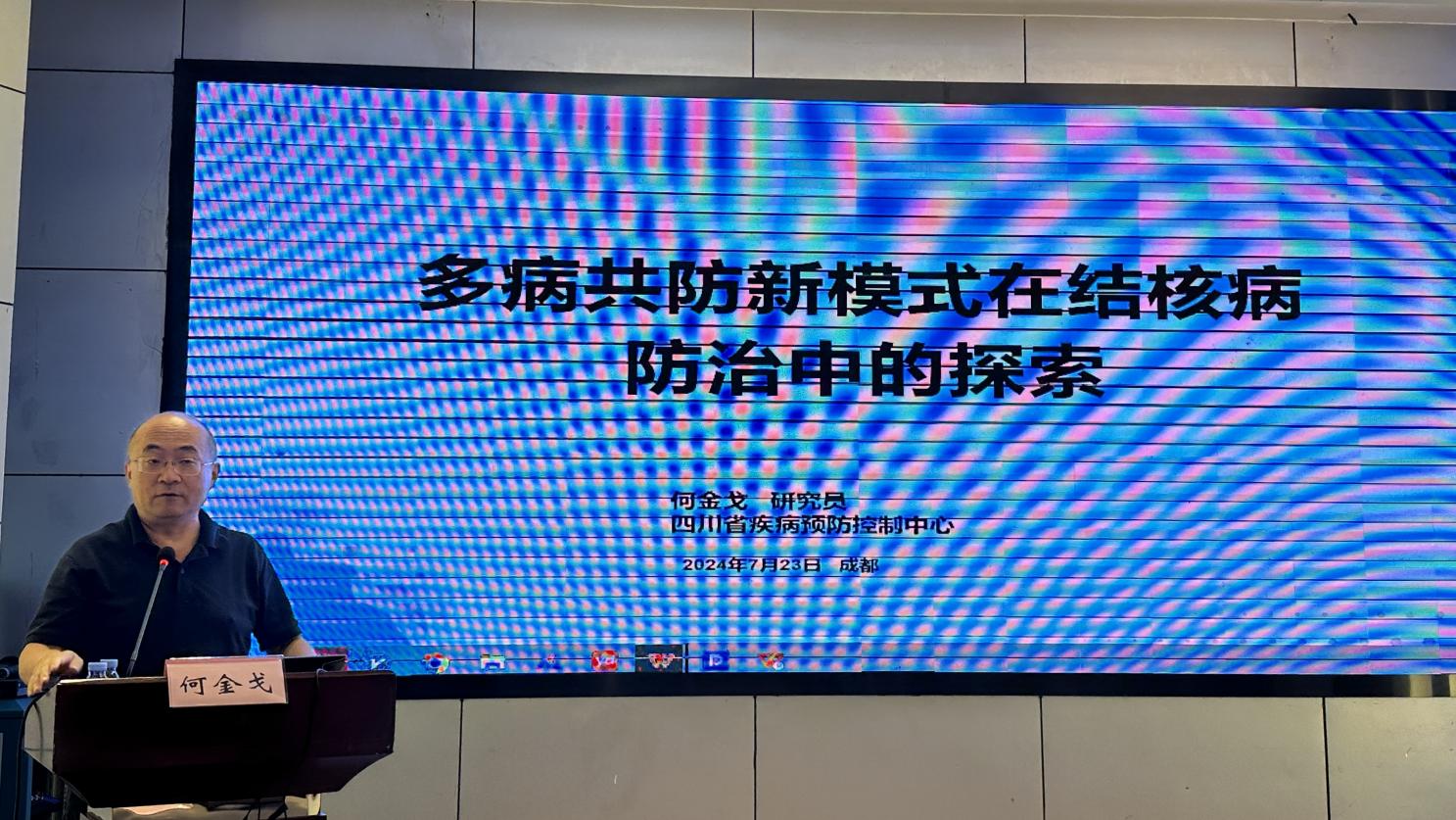
He Jingge, Deputy Director of the TB Prevention and Control Institute at Sichuan CDC, shares experiences[Photo/chinacdc.cn]
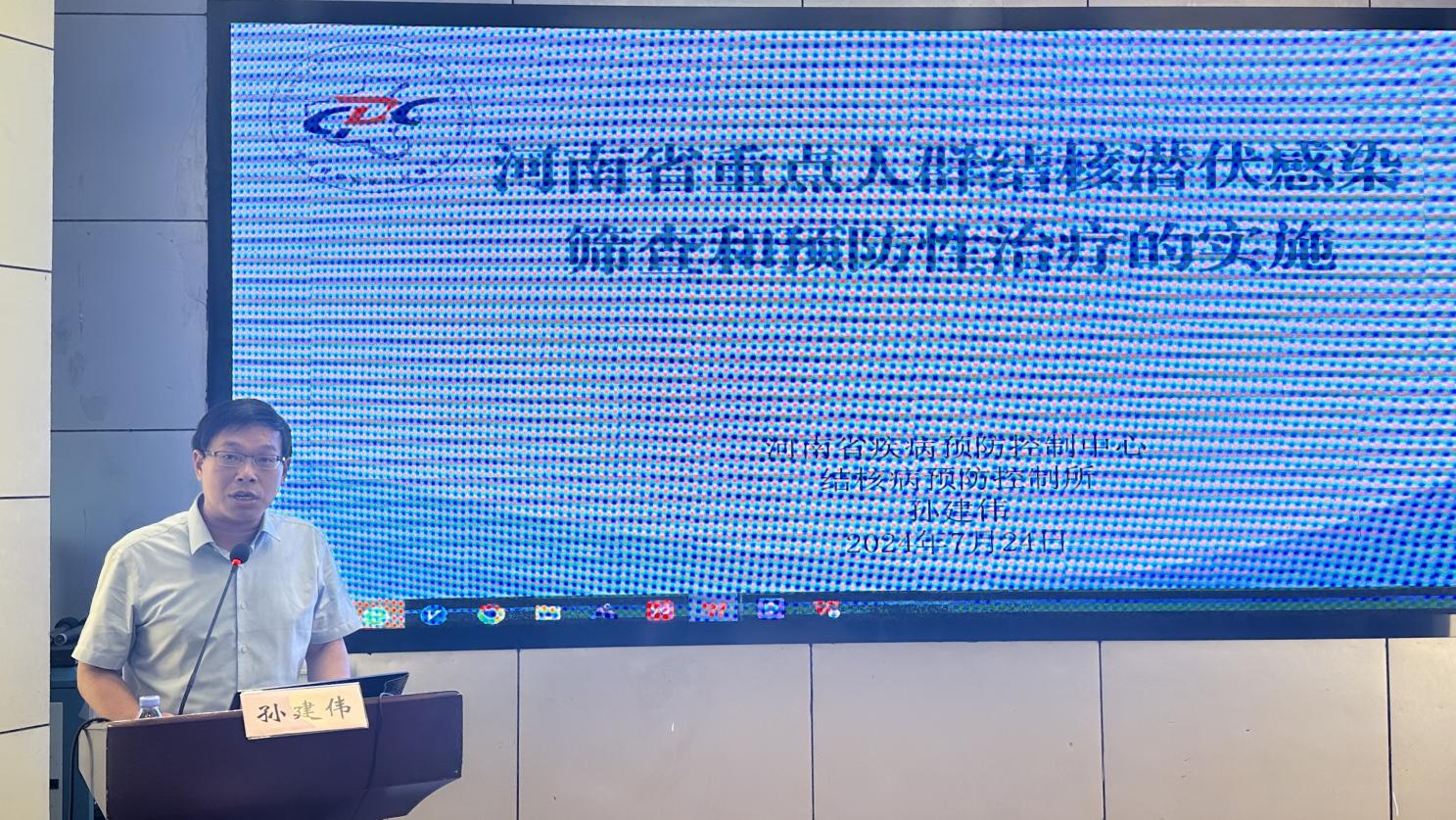
Sun Jianwei, Deputy Director of the TB Prevention and Control Institute at Henan CDC, shares experiences[Photo/chinacdc.cn]
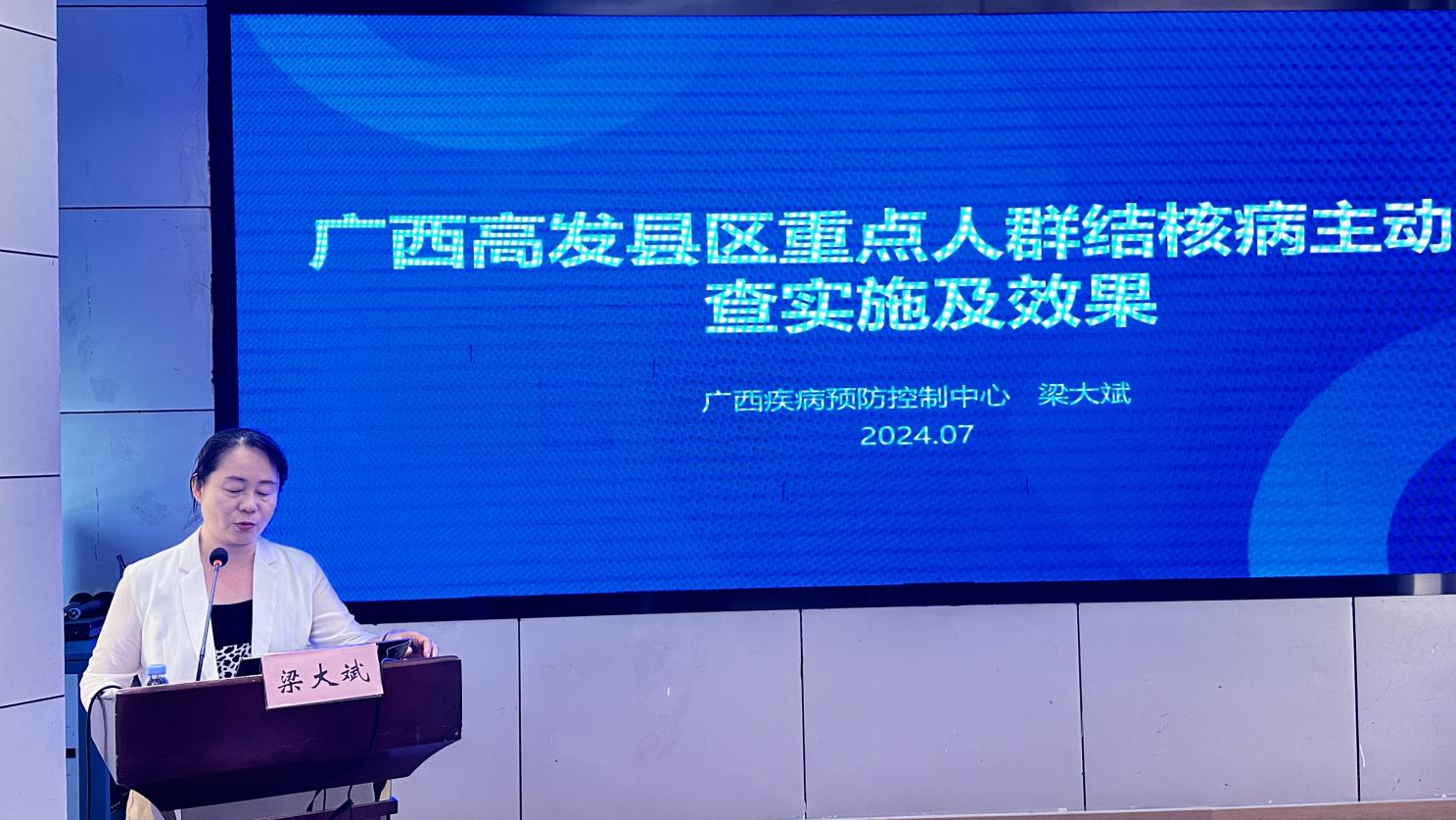
Liang Dabin, Director of the TB Prevention and Control Institute at Guangxi CDC, shares experiences[Photo/chinacdc.cn]
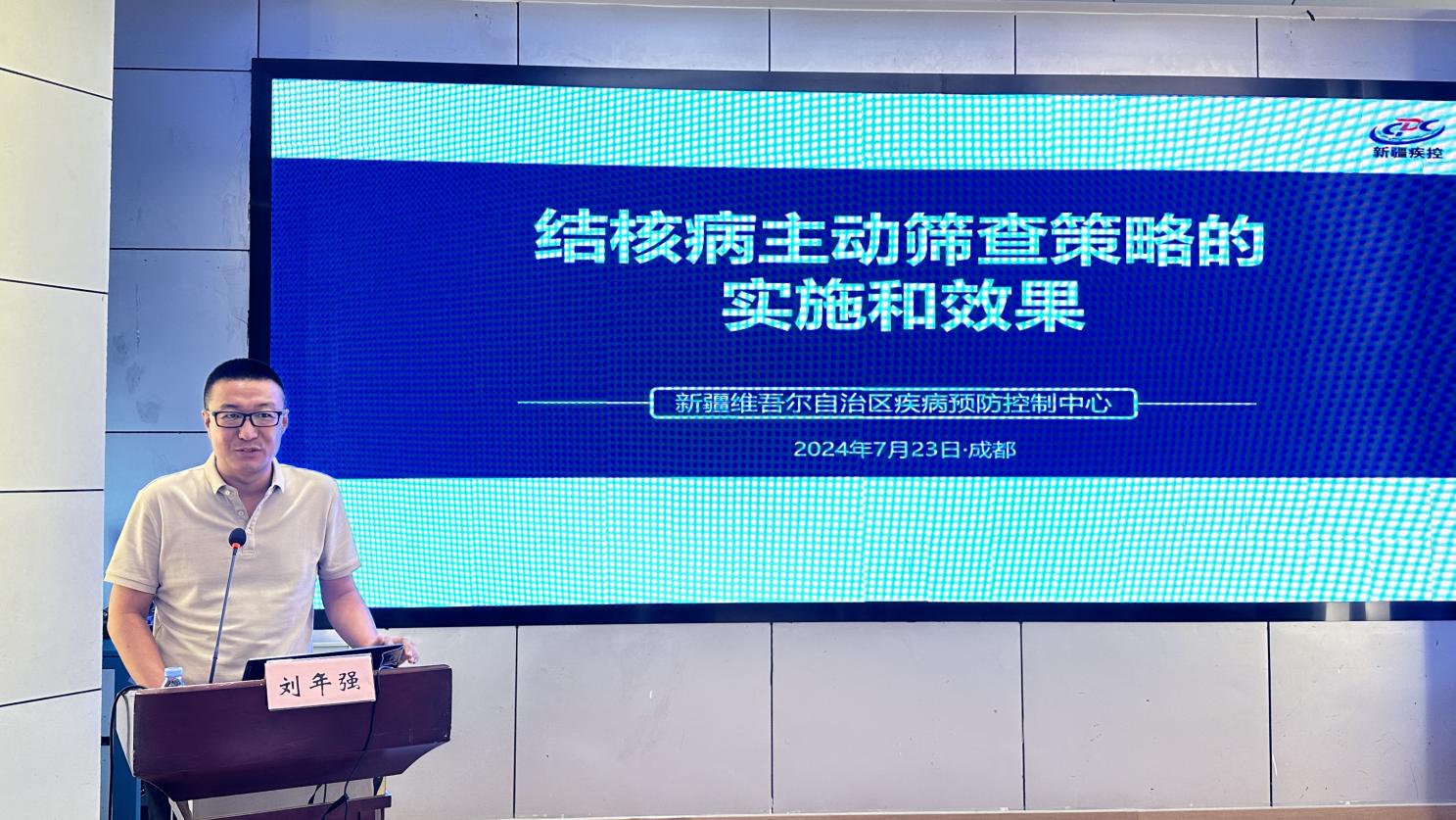
Liu Nianqiang, Deputy Director of the TB Prevention and Control Institute at Xinjiang CDC, shares experiences[Photo/chinadcdc.cn]
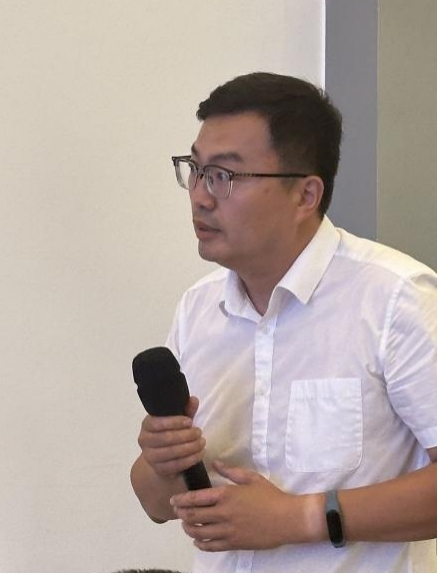
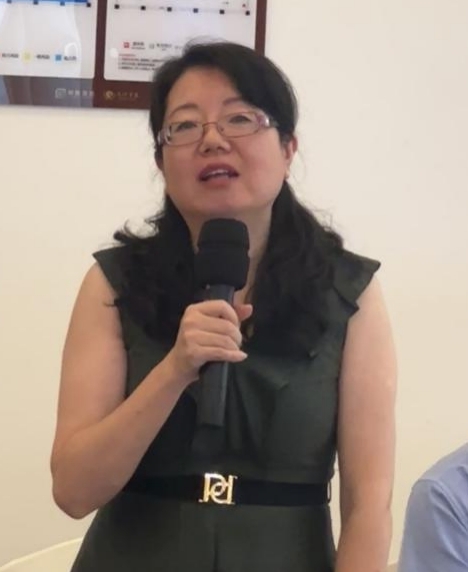

Participants Actively Engage in Communication and Discussion[Photo/chinacdc.cn]
During the group discussion sessions, participants actively engaged in discussions on various topics, including preventive treatment for TB, strategies for active case-finding, and new diagnostic technologies. The discussions were dynamic and participants actively contributed to and learned from each other. Subsequently, each group provided summaries and shared their insights. The evaluation of the training program indicated that the participants highly appreciated both the content and structure of the training, successfully achieving its intended objectives. It is hoped that through this training program, provinces will deepen their understanding of innovative TB control application technologies, accelerate the evaluation and promotion of these technologies, and contribute to ending the TB epidemic as soon as possible.
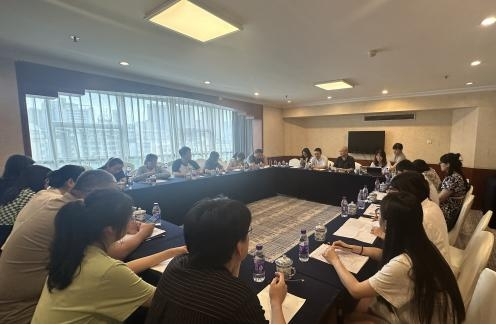
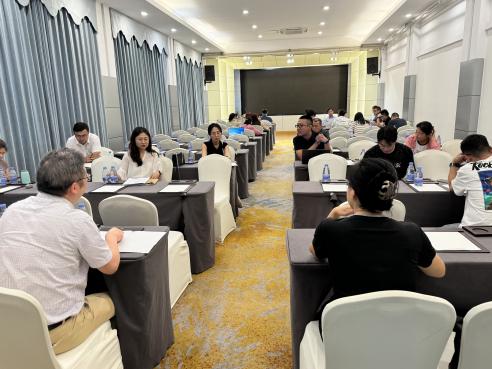
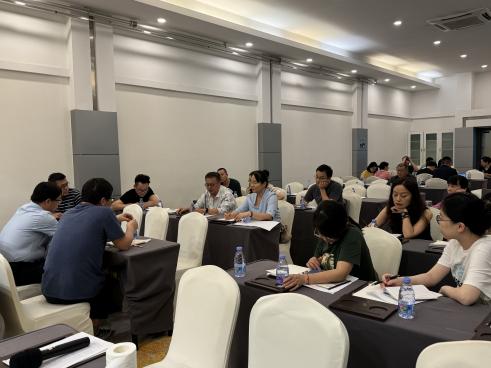
Participants Engage in Group Discussions in Three Groups[Photo/chinacdc.cn]
Related News
- China CDC and U.S. CDC Hold 31st Technical Exchange Teleconference
- Successful Convening of the 2024 Healthy China Development Conference – Health and Environment Action Sub-forum
- 2024 National Seminar on Innovation and Development in Academic Publishing for the Disease Control System Successfully Held
Links
>
Copyright© Chinese Center for Disease Control and Prevention. All rights reserved.
京ICP备11024750号-1 京公网安备11011402013004号
京ICP备11024750号-1 京公网安备11011402013004号








